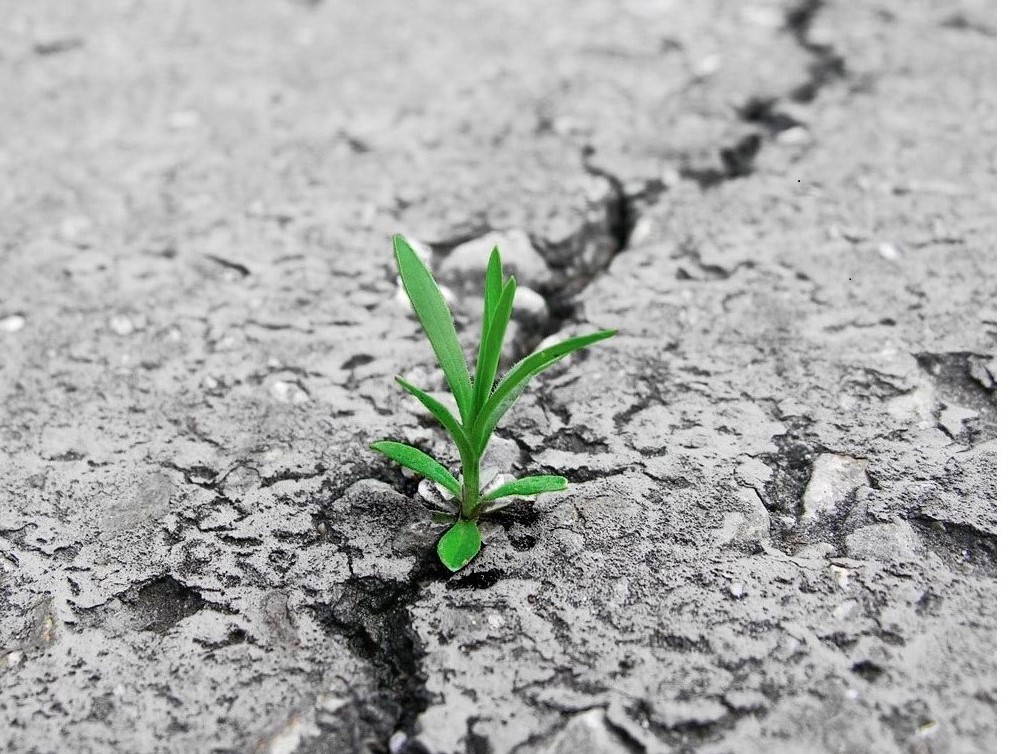
Since the destruction of the Second Temple, the book of Leviticus might appear irrelevant since we can no longer offer the animal sacrifices mentioned in this week’s Torah portion Tzav (Leviticus 6:1-8:16).
Some argue that we are better off without this ‘barbaric” ritual, and others claim we are now bereft of a means of atoning for our sins.
In a profound statement, the prophet Samuel says, "Does God delight in burnt offerings and sacrifices as much as in obeying the voice of God? Behold, obedience is better than sacrifice” (1 Samuel 15:22).
This passage reveals the ultimate intention of sacrifices.
Sacrifices are not for God’s pleasure, as it says, “Why do I need your sacrifices? (Isaiah 1:11). Sacrifices are a gift to man and when offered with proper intention, they motivate us to come close to God. This was especially true if we created a separation, as stated, “Return, Israel to the Lord your God, because you have stumbled in your iniquity” (Hosea 14:1).
Hosea spoke to Jews who could not offer sacrifices in the Temple, similar to the situation in which we find ourselves today. With prophetic inspiration, he instructed Jews to offer their prayers in place of sacrifices. Words of prayer also motive us to draw close to God, as we are instructed, “Take words and return to the Lord” (Hosea 14:2).
Giving charity also inspires closeness to God. King Solomon put it this way, “Doing charity and justice is more acceptable to the Lord than sacrifice” (Proverbs 21:3).
The power of Charity is mentioned in this week’s prophetic Haftorah reading for the Shabbos before Passover known as Shabbos Hagadol – The Great Shabbos.
We are told to test God and see that if we give ten percent of our earnings to charity, God will open the storehouses of heaven and “pour down blessing without end.” (Malachi 3:10).
In addition to material blessings, we will receive spiritual blessings.
The book of Malachi concludes with a promise that God will “send Eliyahu the prophet before the great and awesome day of the Lord and he will turn back [to God] the heart of fathers and sons,” (Malachi 3:23-24). This event will herald the promised messianic redemption, which is so central to our faith we recall it when pouring the cup of Eliyahu during our Passover seder.
May this Great Shabbos bring abundant blessings, and may we see the ultimate redemption this Passover when pain and sorrow are removed, and a spirit of peace and healing fills the earth.
Shabbat Shalom and Happy Passover,
Rabbi Bentzion Kravitz